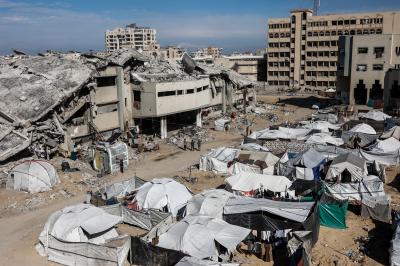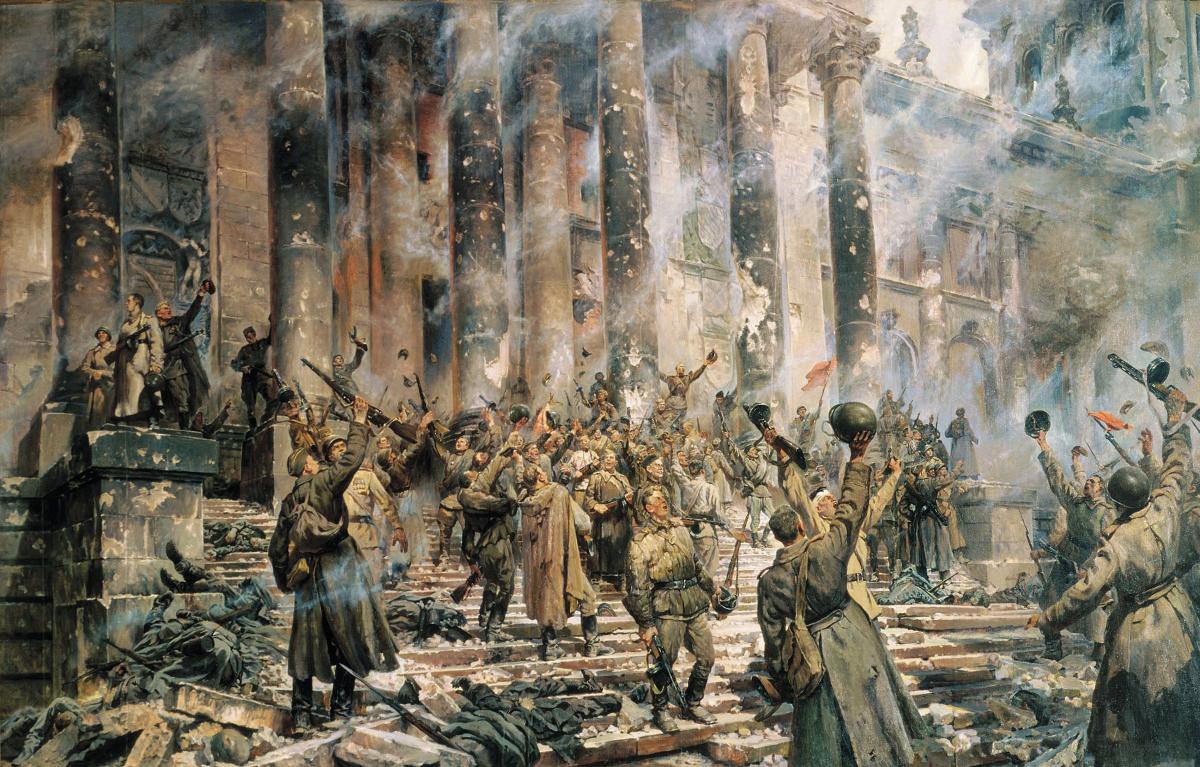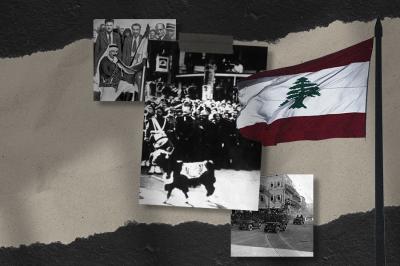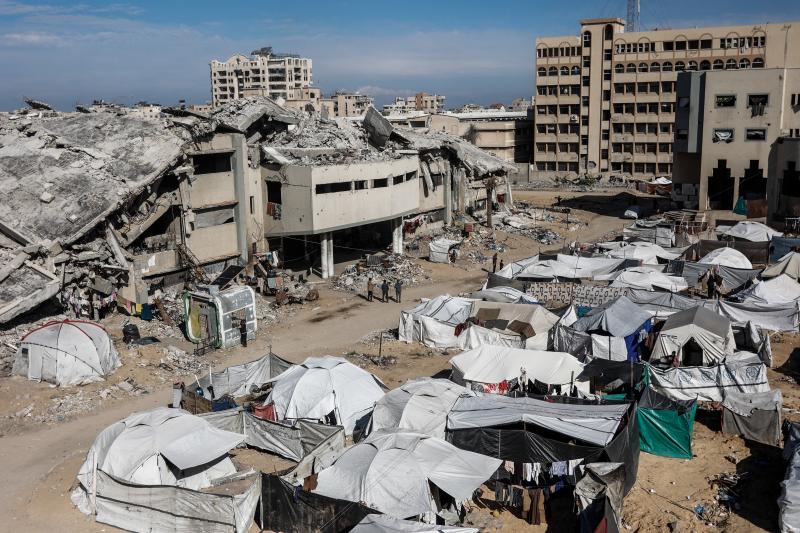Among the pages of history stained by war, the term "Third Reich" stands out as a milestone in the path of human madness — a force that dreamed of glory and ignited the most brutal war the modern world has ever seen.
In 1933, when Adolf Hitler ascended to the peak of power in Germany, he did not present himself as an ordinary politician, but rather as a “historic savior.” From the very first moment, his propaganda minister, Joseph Goebbels, began crafting a grand narrative: that Hitler was not creating a new regime, but reviving a lost legacy — the "Third Reich" — a name that soon became a sacred slogan among Nazi followers.
But what does the word "Reich" actually mean, and why was it called the "Third Reich"?
In the German language, "Reich" means "empire" or "great state", something that transcends national borders and unites a people under a powerful leader. Hitler saw himself as the rightful heir of previous German empires. The term was a clever strategy to resurrect the dream of an everlasting empire.
Hitler wasn’t the first to use this term. He borrowed it from a 1923 book by conservative philosopher Arthur Moeller van den Bruck titled The Third Reich, in which he called for the birth of a new German empire governed by a strict nationalist spirit.
In his attempt to give his project historical legitimacy, Hitler portrayed his regime as the continuation of the "First Reich" — the Holy Roman Empire, founded in 962 by Otto I, which lasted until 1806. For over 800 years, it represented a spiritual and military German power, seeing itself as the heir to ancient Rome and ruling "in the name of God."
The Second Reich arose between 1871 and 1918, after the unification of Germany by Otto von Bismarck. During this period, Germany was an emerging industrial and military power, but it collapsed following its defeat in World War I.
The term "Third Reich" was more than just an official label — it was a tool of propaganda and collective psychological warfare. Germany, reeling from its World War I defeat, humiliated and crushed by the Treaty of Versailles, and shattered economically and socially, found in this term a key part of its ideological battle.
The name acted as a call to a glorious past, an awakening of a destructive national identity, carrying a dream that rose above the miserable present toward an imperial future filled with grandeur, dignity, and the restoration of German might.
Hitler’s message was clear: “Every German must feel and believe they are part of a great historical chain,” and that the Third Reich was not just a state, but a sacred destiny that fulfilled a prophecy.
But the reality was drastically different. Europe turned into a theater of blood and fire. And with the fall of Berlin in 1945, the Third Reich collapsed, devouring itself and all the lies and propaganda that had sustained it.
The name no longer symbolized glory or power — it became a scar on the forehead of history. As if history itself had risen against the lie and crushed it with force, rewriting its ending in the blood of millions.
Today, when we hear the term "Third Reich," we don’t think of power or greatness, but rather of how fragile minds can become when they blindly follow one leader. The greatest danger to humanity is when a nation is reduced to one man, when thought is replaced by emotion, and the future by myths.
Let us be warned, and learn from the mistakes of the past… or else, we will fall again into the pit of history.
Please post your comments on:
[email protected]
 Politics
Politics














